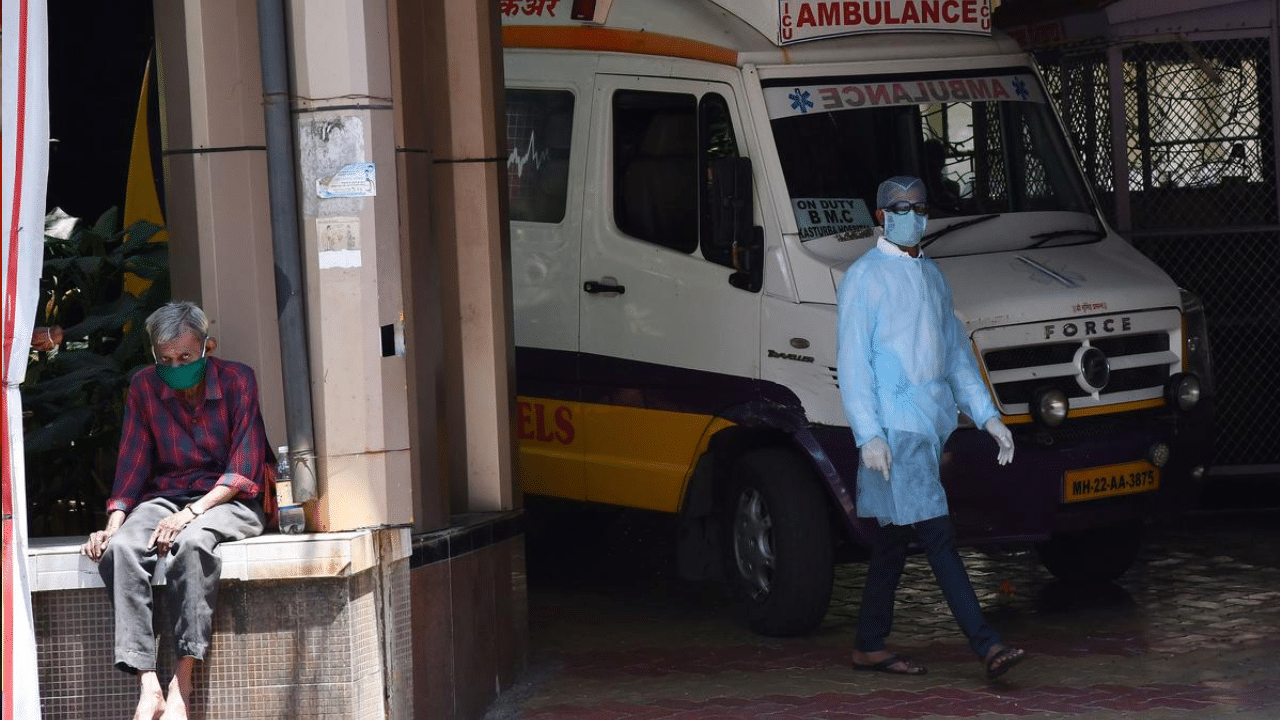Guillain-Barré Syndrome in Pune: A Growing Concern
In a concerning development, Pune has witnessed a surge in cases of Guillain-Barré Syndrome (GBS), with the total number now reaching 101. The syndrome, which is a rare neurological disorder, has not only affected a significant number of individuals in the city but has also claimed its first suspected victim in Maharashtra. A 40-year-old man, who was visiting his native village in Solapur district, passed away after contracting GBS, marking the first reported death due to the condition in the state.
The patient’s death was confirmed by Dr. Sanjeev Thakur, the Dean of Government Medical College in Solapur, who stated that the individual was brought to the hospital after showing symptoms of severe muscle weakness and paralysis. While the final post-mortem report is awaited, initial investigations suggest that Guillain-Barré Syndrome may have been the cause of his death.
The rise in GBS cases in Pune and the associated death has sparked growing concern among health officials. GBS is an autoimmune disorder that primarily affects the peripheral nervous system, causing muscle weakness, and in severe cases, leading to paralysis. Health experts are now closely monitoring the situation, as the syndrome appears to be spreading rapidly in certain areas of Pune.
Current Status of GBS in India
As of now, Pune has emerged as the epicenter of the Guillain-Barré Syndrome outbreak in India, with 101 confirmed cases. Health officials are working on identifying the underlying causes, which may include viral infections, vaccination side effects, or environmental factors. The outbreak in Pune has raised questions about the potential links to the water supply, as several of the affected individuals had reported symptoms after exposure to contaminated water. Investigations are ongoing to determine whether waterborne pathogens could be contributing to the rise in GBS cases.
The growing number of cases has also prompted health authorities in Maharashtra to issue guidelines on managing and preventing the disease. They are also emphasizing the need for quick diagnosis and early treatment to prevent complications such as permanent paralysis or respiratory failure.
What is Guillain-Barré Syndrome?
Guillain-Barré Syndrome is a rare but serious condition where the body’s immune system mistakenly attacks the peripheral nerves. This results in a range of symptoms, beginning with weakness or tingling sensations in the legs and potentially progressing to full paralysis. The condition typically develops over days or weeks and can become life-threatening if the respiratory muscles are affected.
Though GBS can affect people of all ages, it is more commonly seen in adults and is especially prevalent in men. In terms of incidence, GBS affects approximately 1 to 2 individuals per 100,000 people, making it a relatively rare disorder. However, the rapid increase in cases in Pune has drawn the attention of local health authorities.
Symptoms of Guillain-Barré Syndrome
The symptoms of GBS typically begin with mild tingling or weakness in the legs, which may then progress to the arms and other parts of the body. Common signs include:
- Weakness or tingling sensation in the legs
- Difficulty walking or climbing stairs
- Loss of reflexes
- Difficulty swallowing or breathing in severe cases
If not treated promptly, GBS can progress rapidly, with patients potentially requiring ventilatory support if the paralysis affects the muscles responsible for breathing. In the most severe cases, GBS can lead to death, which is why immediate medical attention is critical.
Precautions and Prevention
While there is no known specific cause for Guillain-Barré Syndrome, experts recommend the following precautions to reduce the risk:
- Avoid Exposure to Contaminated Water: Given the possible links between GBS and waterborne pathogens, it is advisable to consume filtered or boiled water, especially in areas where water contamination is a concern.
- Vaccinations: Individuals are encouraged to get vaccinated against infections such as influenza, as certain viral infections are believed to trigger GBS.
- Seek Medical Help Early: If you experience any symptoms of GBS, such as muscle weakness or tingling sensations, seek medical help immediately for early diagnosis and treatment.
- Maintain Hygiene: Good personal hygiene practices, such as frequent handwashing, can help reduce the risk of infections that may lead to GBS.
Free Treatment and Support
To alleviate the financial burden on families, the Maharashtra government has announced free treatment for all GBS patients in various hospitals. The treatment typically involves expensive immunoglobulin injections, which can cost up to Rs 20,000 each. This initiative aims to provide relief to families facing financial challenges while ensuring timely medical intervention.
To learn more about Guillain-Barré Syndrome, including its symptoms, treatments, and the latest research developments, visit this comprehensive blog: Guillain-Barré Syndrome: Symptoms, Treatment, and Latest Research Updates. It provides detailed insights that will help you understand the condition better and stay informed about the ongoing research in the field.



